In all my years a sports dietitian, there are some nutrition mistakes that I see time and time again. Below are some of the most common nutrition mistakes I see and tips on how to avoid them.
Blaming GI issues on gels
This is a big one. So many runners experience GI issues <nausea, cramping, vomiting, diarrhea, etc> on runs and the first thing they do is blame their gels. While it is possible for gels to cause GI distress, gels are usually not to blame. So what should you look at first, before blaming your gels?
Food choices – the night before a long run <or sometimes the whole day before a long run> or what you eat pre-run. Are you eating too much fat or fiber?
Tip: Keep it simple. Easy to digest carbs and a little fat. The night before a long run, think white pasta with a little butter and parmesan instead of fettuccine Alfredo. For your pre-run snack, try a bagel instead of a donut.
Dehydration – if you aren’t adequately hydrated going into your run and/or get too dehydrated during your run, that creates less blood flow to your GI tract, which causes delayed gastric emptying, nausea, vomiting, pain and/or diarrhea. Where are my heavy/salty sweaters?? You will notice this first before average sweaters.
Tip: Know your sweat rate & sweat composition <free resource here>. Choose products to support your hydration needs pre, during, and after your run to avoid GI issues.
Practice fueling – Many runners don’t practice their race day fueling plan and then on race day, they expect their bodies to tolerate gels and sports drinks. You need to train your gut to be ready for race day.
Tip: Practice your race day fueling on your long runs. If you need help with your plan, we can build you a Customized Race Day Fuel & Hydration Plan!
Taking the wrong supplements
Antioxidants – More of a good thing is always better, right? Wrong. Mega doses of antioxidants can actually be harmful and can impair your body’s natural response to training.
Tip: Talk to your medical professional about which supplements you need.
Iron – I see many runners start iron supplements without checking labs because they are fatigued, not hitting paces, etc. This can be very dangerous – too much iron can cause another host of symptoms and be harmful to your heart and other organs.
Tip: Get your iron panel & ferritin checked and have a professional interpret the results and give recommendations <check out the Featherstone Lab Consult>.
Not eating before all runs <or other exercise>
Research has shown that when we fuel before exercise, we can train harder & recover faster. If we skip fueling, it can actually be harmful to our hormones and metabolism, as well as feeling worse during the run due to inadequate fuel availability.
Tip: Eat 25g carbs before runs <60 minutes & 50g+ for runs >60 minutes. Find some ideas here.
Eating the wrong foods pre/post run
Macronutrients <carbs, protein, fat> each have a role in your daily and performance nutrition – knowing when to consume each to support our training is important. Focus on carbs pre-run for quick fuel, and then after your run, protein <to stop muscle breakdown and repair muscles> AND carbs <to aid in recovery and replace glycogen>. Fat should be added in throughout meals & snacks but avoid large amounts in your pre-run meal or snack.
Tip: Pre-run = carbs, post-run = protein + carbs <and fat anytime except pre-run>
Saving calories for the end of the day
So many people <especially Americans> save calories for the end of the day to eat “whatever they want”. Your body doesn’t like this. Saving calories for the end of the day can result in undesired body composition, overeating, not seeing expected gains in fitness and can contribute to an unhealthy relationship with food. We want to surround our runs and workouts with solid nutrition, so we can get the best out of our training and recover well. We also want to eat 3 solid meals per day <carbs, protein, fat and color>.
Tip: Surround your runs and workouts with solid nutrition <pre and post>, eat 3 meals per day, eat snacks if you need them, nail protein at all meals.
Trying all the fad diets
No fad diet is going to fix poor nutrition habits. There are no shortcuts. You put in the time to train hard day in and day out, so why not provide your body with the fuel that it wants and needs?
Tip: Just say no to fad diets. Focus on supportive nutrition for your daily life & performance.
PMID: 2287256, 25429252
Disclaimer: The content in our blog articles provides generalized nutrition guidance. The information above may not apply to everyone. For personalized recommendations, please reach out to your sports dietitian. Individuals who may chose to implement nutrition changes agree that Featherstone Nutrition is not responsible for any injury, damage or loss related to those changes or participation.

